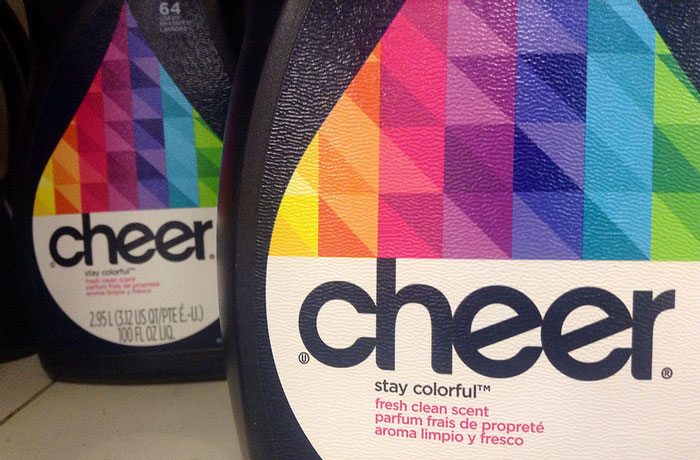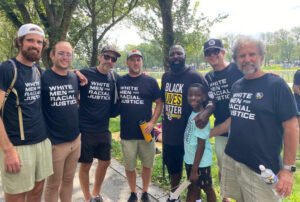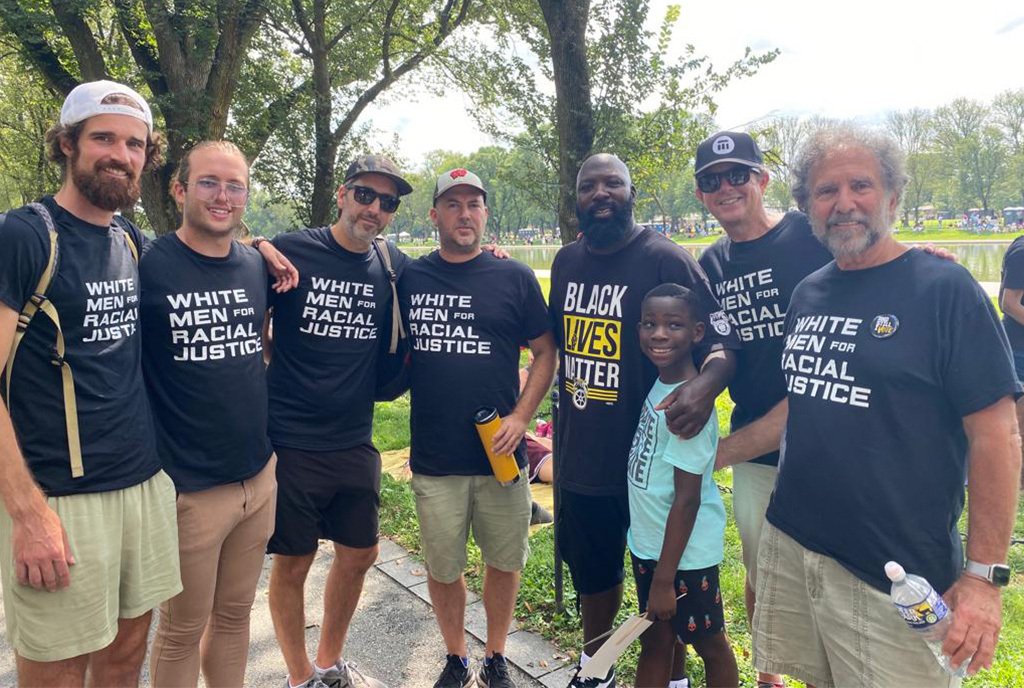
August 16th, 2017; Quartz
“Let’s all talk about ‘The Talk.’ So we can end the need to have it.” The Proctor & Gamble logo appears onscreen, along with an invitation to join the My Black is Beautiful community. The ad closes with the tagline: “It’s time for everyone to #TalkAboutBias.”
It is not only by resigning the president’s now defunct councils of economic advisers that the leadership of large companies have spoken out against racism recently. At the beginning of the month, as some of you may already know, Proctor & Gamble (P&G) launched an ad that depicts various forms of “the talk” that Black parents must have with their children about how to stay safe in encounters with white people, especially the police.
Quartz summarized the ad, saying,
Mom: “Now, when you get pulled over …”
Sign up for our free newsletters
Subscribe to NPQ's newsletters to have our top stories delivered directly to your inbox.
By signing up, you agree to our privacy policy and terms of use, and to receive messages from NPQ and our partners.
Daughter: “Ma, I’m a good driver don’t worry.”
Mom: “Baby, this is not about you getting a ticket. This is about you not coming home.”
Other conversations include a mother in the 1950s explaining to her daughter that being told she is “pretty for a black girl” is not a compliment; a mother in the 1960s explaining what the n-word means (“it’s an ugly, nasty word and you are going to hear it…But you are not going to let that word hurt you”); and a mother in the 1990s asking her young black son if he has ID before he goes to practice (“in case they stop you”).
This is no Pepsi misfire; for many Black viewers, the ad is simply a reflection of responsible parenting. For some, however, the ad is an “attack on white Americans.” The National Review, for instance, slammed the commercial in a rambling rant that captures the real spirit of the white supremacy movement, thus reinforcing the necessity of such talks and of the commercial about them.
P&G denies that the commercial was intended as a political statement, but they say they had hoped to help spark a conversation. We think that as a Corporate Social Responsibility statement it is absolutely inspired, because in essence it is betting on a future where a company’s market share will be broadened by a clear statement acknowledging daily racial injustices.—Ruth McCambridge













